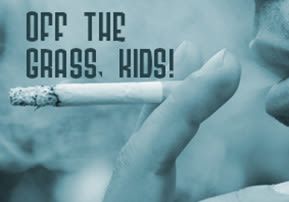
Off the Grass, Kids!
Rather than focusing on the taboos of certain types of behavior, such as drugs and smoking, one would be much better off teaching a child to be all that he or she can be...

As marijuana becomes increasingly accepted in our society, its use and misuse are also growing. My motivation and interest to jump into the deep end and discuss this hot topic is based on my personal experience with the kind of boys I teach. I work in a Yeshiva for post-High School boys that are “off the derech”, young men from religious homes that have drifted or fallen from their connection with Hashem and His Torah. I’ve discussed this topics numerous times with groups of students and have developed some thoughts on the subject, which I would like to share.
Let me make a few introductory points. First, it is eminently clear that the present-day Torah Sages unilaterally prohibit the use of marijuana for numerous reasons. Unfortunately there is an enormous gap between the clarity of vision of our Rabbis and getting a kid to follow that advice. I would like to discuss some of the issues involved both in terms of our own understanding of the issues and also possible ways to convey the messages to our children.
Second, there are two concerns in education, one is the theoretical understanding of the issues and the other 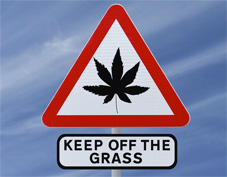 is the practical application and strategies. I would like to discuss the issue on a more theoretical basis and, with Hashem’s help, discuss some of the practical issues in a future article.
is the practical application and strategies. I would like to discuss the issue on a more theoretical basis and, with Hashem’s help, discuss some of the practical issues in a future article.
I’m sitting with a boy. The question comes: “What’s wrong with smoking marijuana? What’s wrong with “chilling out”? The first step in dealing with his question is to know that usually he’s not asking a question. In our Haggadah (the story of Passover) the wicked son asks: “What is the service to you? (i.e. “Why are you bothering me?”) There is an essential rule in education that our commentators explain about the wicked son. The rule is that a parent or teacher always has to decipher if a question is really being asked. If a child “asks”: “Why do I have to clean up my room?”, he’s really saying that he’s not interested in the task you’ve chosen for him and expresses this in the form of something which sounds like a question. Don’t be fooled. No question was asked so no answer is necessary or possible. When a student asks: “What’s wrong with smoking marijuana?”, usually he’s not asking a question, he’s stating his opinion. At that point there’s not much to do except to say that you would be glad to discuss the topic if he really wants to hear your opinion. If he says no then the issue becomes your ability to maintain open and loving communicating. If he says yes, then I think there are basically two possible responses.
First is the classic answer of the truth that smoking is, too often, destructive path and a stepping stone to harder drugs. All of the concrete evidence of how most young people act when smoking speaks for itself. Even if the child is only somewhat honest, he won’t deny the facts of the negative consequences of smoking. Additionally, it’s almost for sure that he has friends or acquaintances that are using and abusing other substances. This point must be driven home. He shouldn’t think he’s safe from this risk. I would like to add that these issues are very painful and if parents are not sure of the extent of their child’s misuse of drugs, they should contact a qualified person.
There has always been a problem to me about the “stepping stone” argument. These young people are clever and chances are they’ll ask about the people they know that use marijuana regularly and seem to be functioning in their daily lives. They might even ask what the difference is between marijuana and a few beers or a drink at the end of the day. There are millions of Americans that regularly end their day this way (drinking or smoking) and seem to be leading fine, productive lives. I’ve heard a number of answers to this question but I’ve personally found them unsatisfying. I would like to suggest an approach to this sensitive issue which has helped with many young people.
Begin by asking the child to picture some famous sports personality. The question can be asked: “Which days does the athlete work towards his goal and which days not?” The mark of the people that are great is the ability to use all of their opportunities to be their very best. Every person wants to be the best. But that takes hard work, but it’s worth it. If someone smokes, he’s basically “checking out” for that time and showing that he doesn’t want to utilize that time to be all he can be. He’s not maximizing every situation to make himself into the greatest person possible. His favorite athlete wouldn’t live like that.
Additionally, suppose the athlete had a sprained ankle. Instead of deciding to treat it properly he decides to take pain killers. That may cover up the symptoms, but really he’s making the problem worse. If a person smokes, something is bothering him or leaving him unsettled. If not, why would he smoke? Can’t be fully happy and “chilled out” even without it? That’s a bad sign and the child will usually admit it.
So either the smoking is stopping him from being all he can be or, worse, it’s covering up some sort of pain that needs to be addressed. Honestly, I prefer and have had more success with this approach. The first approach (about all the negative consequences) is basically saying that he’s doing bad things and the child often hears that he himself is bad. The second approach is encouraging him to be all he can be. It better reflects your love for him and your hopes that he be all he can be. However, you know your child best. Whatever works, use it. In my opinion, in this generation the focus needs to be on giving love and encouragement.
The issues of smoking marijuana in terms of society and, more specifically, our children are complicated and becoming more so. While attempting to understand and better communicate the issues involved, one factor is absolutely essential, prayer. We must pray for the physical, emotional, and spiritual health and happiness of our children and families. May Hashem give us the wisdom to understand and connect to our children and may they grow as healthy and happy individuals.
* * *
Rabbi Dovid Charlop is on the teaching staff of the Neve Tzion Yeshiva in Telzstone, Israel.


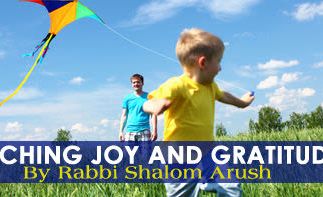


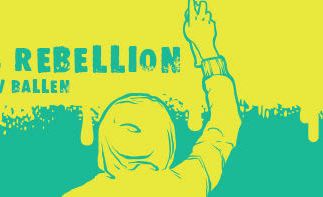
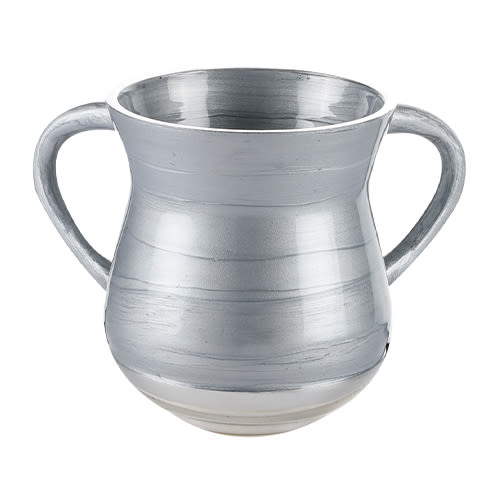


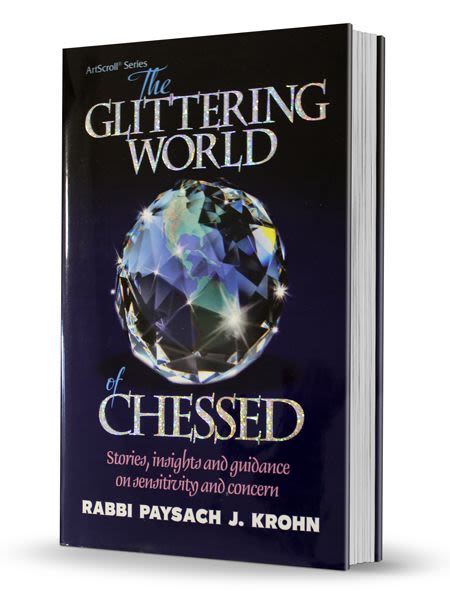

6/02/2014
Marijuana Thank you for publishing this topic on the web. (Marijuana gives you the wings to fly but takes away the sky) With all due respect, a few facts that are often ignored by "religious" people are the following: 1) any one who knows of someone smoking marijuana is affected and is a candidate for alanon and 2) why is the "frum" community so reluctant to suggest attending an open 12 step MA meeting either with or without the kid? So much to write but space is limited:( Much success 🙂
6/02/2014
Thank you for publishing this topic on the web. (Marijuana gives you the wings to fly but takes away the sky) With all due respect, a few facts that are often ignored by "religious" people are the following: 1) any one who knows of someone smoking marijuana is affected and is a candidate for alanon and 2) why is the "frum" community so reluctant to suggest attending an open 12 step MA meeting either with or without the kid? So much to write but space is limited:( Much success 🙂